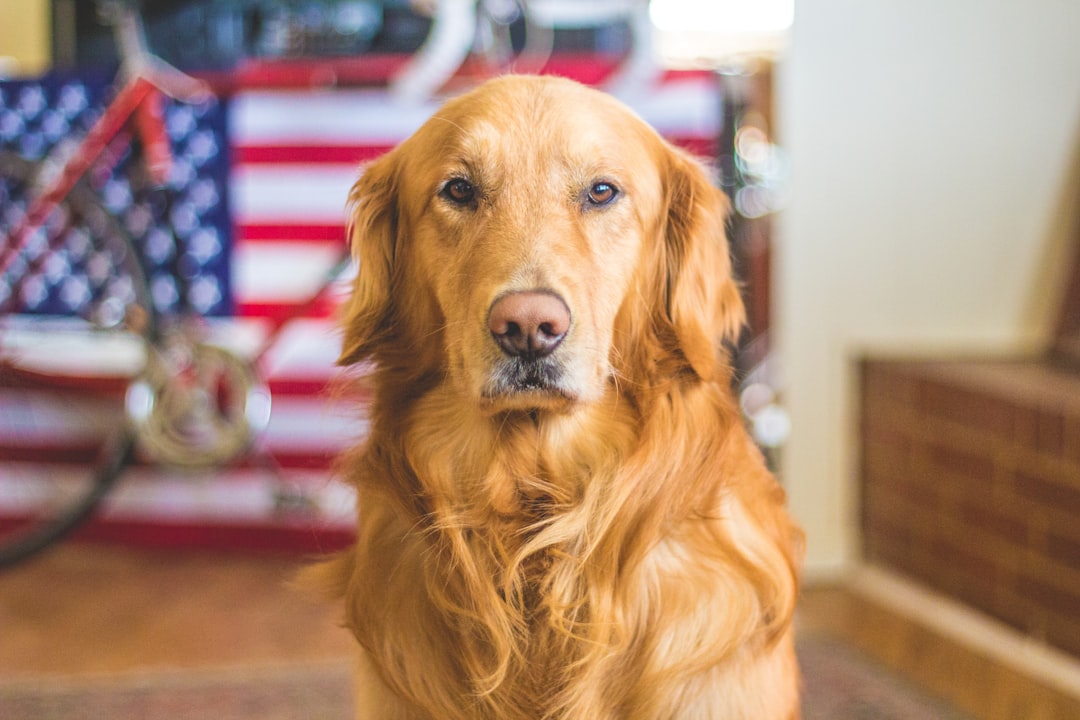Dealing with Dog Diarrhea: Causes, Symptoms, and Treatment Guidelines
Causes, symptoms, treatment, and prevention of dog diarrhea, emphasizing the importance of veterinary attention for proper diagnosis and care.
Understanding Dog Diarrhea
Dog diarrhea can range from mild, self-limiting cases to severe and chronic episodes. Common causes of diarrhea in dogs include stress, dietary changes, ingestion of foreign objects or spoiled food, and viral or bacterial infections. Additionally, underlying health issues such as pancreatitis, colitis, or cancer can also lead to diarrhea in dogs.
Stress and anxiety can contribute to diarrhea in dogs, as they can disrupt the normal functioning of the gastrointestinal tract. Changes in routine, environment, or the addition of a new pet or family member can all trigger stress-induced diarrhea in dogs.
 Recognizing Symptoms and Seeking Veterinary Attention
Recognizing Symptoms and Seeking Veterinary Attention
While a single episode of diarrhea in dogs may not be a cause for concern, recurring episodes, especially with additional symptoms like blood in the stool, vomiting, lack of appetite, weakness, or dehydration, should prompt a visit to the vet. Straining to pass stool with small amounts of watery diarrhea may indicate a painful blockage and requires immediate veterinary attention.
It is crucial to consult a vet to determine the underlying cause of the diarrhea and to receive appropriate treatment. Timely veterinary attention is essential to prevent the progression of any serious health issues related to diarrhea in dogs.
 Treating Dog Diarrhea
Treating Dog Diarrhea
For mild cases of dog diarrhea, initial treatment options include fasting for 12-24 hours, followed by a bland diet of cooked rice, chicken, and plain pumpkin to help alleviate gastrointestinal distress. Natural yogurt, probiotics, boiled potatoes, cottage cheese, and eggs can also aid in managing mild diarrhea in dogs.
In more severe cases, it’s important to highlight the role of prescribed medications by a vet, as they can provide targeted treatment for specific underlying causes of diarrhea and help alleviate symptoms effectively.
Chronic Diarrhea and Complications
Chronic diarrhea in dogs can lead to potential complications such as persistent weight loss and lethargy. It is important to emphasize the need for thorough history-taking and diagnostic tests by a vet to accurately diagnose and treat chronic and extensive cases of dog diarrhea.
Persistent or chronic diarrhea that does not resolve within 48 hours, especially when accompanied by additional symptoms such as vomiting or inappetence, warrants immediate veterinary attention.
Conclusion
Understanding the potential causes and symptoms of dog diarrhea is crucial for pet owners to address this common health issue in dogs. Seeking professional veterinary advice and timely intervention are essential for ensuring the health and well-being of dogs experiencing diarrhea.


 Book Appointment
Book Appointment